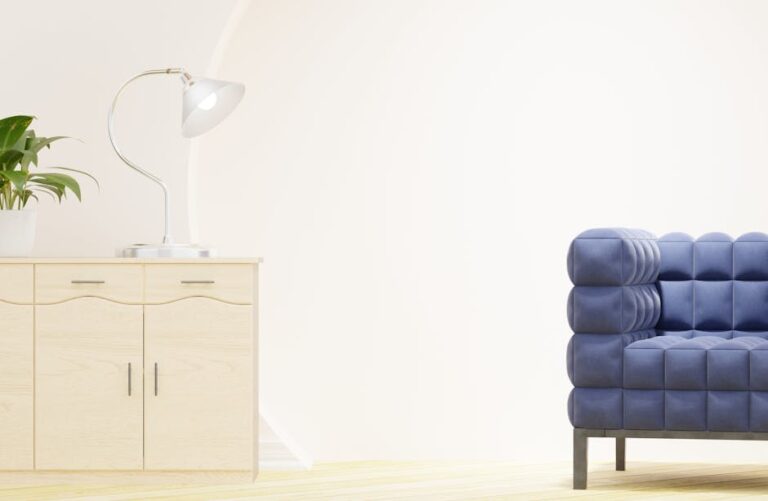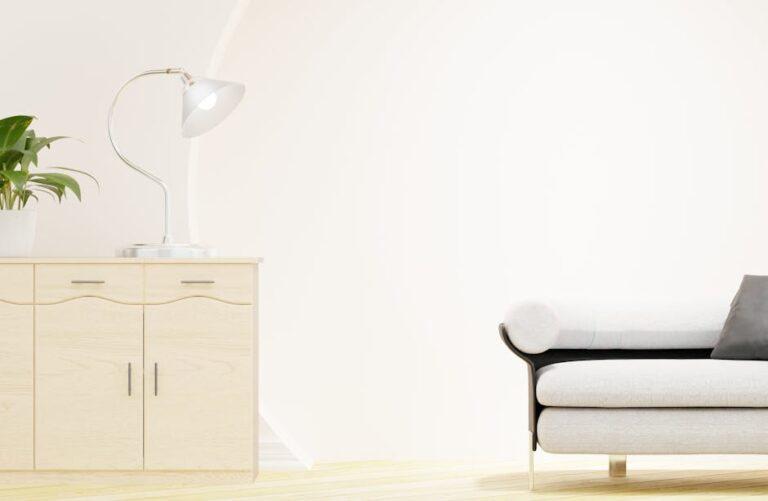
The Minimalist Approach to Shopping: A Guide to Conscious Consumption
The modern world bombards us with relentless advertising and readily available consumer goods, often leading to cluttered homes and a feeling of discontent despite our possessions. The minimalist approach to shopping offers a powerful antidote, encouraging intentionality, mindful purchasing, and ultimately, a more fulfilling life free from the burden of excessive stuff. It’s not about deprivation; it’s about deliberate choice and prioritizing experiences over material possessions. This guide explores the core principles, practical strategies, and long-term benefits of adopting a minimalist shopping mindset.
Understanding the Core Principles of Minimalist Shopping:
Minimalist shopping isn’t about adhering to a rigid set of rules but rather embracing a philosophical shift in how we relate to material goods. Key principles include:
- Intentionality: Every purchase should be driven by a genuine need and a clear purpose, not impulse or societal pressure. Ask yourself why you want something before you even consider buying it. What problem does it solve? What value does it add to your life?
- Quality over Quantity: Focus on investing in fewer, high-quality items that are durable, timeless, and ethically sourced. This often means spending more upfront, but it saves money and resources in the long run by reducing the need for replacements. Prioritize craftsmanship and materials that withstand the test of time.
- Functionality: Choose items that serve a practical purpose and contribute to your daily life. Avoid buying things simply because they are aesthetically pleasing or trendy. Consider the utility of each item and its relevance to your lifestyle.
- Sustainability: Opt for eco-friendly and ethically produced goods. This encompasses considering the environmental impact of manufacturing processes, the working conditions of laborers, and the lifecycle of the product, from production to disposal. Look for sustainable materials, fair trade certifications, and brands committed to ethical practices.
- Need vs. Want: Discern between genuine needs and fleeting wants. Needs are essential for survival and well-being (food, shelter, basic clothing). Wants are often driven by emotional desires and influenced by external factors like advertising and social trends. Prioritize fulfilling needs before indulging in wants.
- Delayed Gratification: Resist the urge to make impulsive purchases. Give yourself time to consider whether you truly need the item. Often, the desire fades after a few days or weeks, saving you from unnecessary spending and clutter. The “30-day rule” is a popular technique for this.
- Appreciation: Cultivate gratitude for the things you already own. Before considering a new purchase, take stock of your existing possessions and appreciate their value. This can help curb the desire for more.
Practical Strategies for Implementing Minimalist Shopping:
Adopting a minimalist approach to shopping requires conscious effort and a willingness to change ingrained habits. Here are some practical strategies to help you on your journey:
- Declutter Before You Buy: Before buying anything new, declutter your existing possessions. This helps you identify what you already have and prevents you from buying duplicates or items you don’t need. Donate, sell, or recycle unwanted items responsibly.
- Create a Shopping List (and Stick to It): Plan your shopping trips in advance and create a detailed list of the items you need. Stick to the list religiously and avoid browsing or impulse purchases. This helps you stay focused and prevents unnecessary spending.
- Unsubscribe from Marketing Emails: Reduce your exposure to advertising by unsubscribing from marketing emails and social media accounts that promote excessive consumerism. This helps you resist temptation and make more rational purchasing decisions.
- Avoid Window Shopping: Window shopping can trigger impulsive desires and lead to unnecessary purchases. Limit your time spent browsing in stores, especially when you don’t have a specific need.
- Embrace the “One In, One Out” Rule: For every new item you bring into your home, get rid of one similar item. This helps maintain a consistent level of possessions and prevents clutter from accumulating.
- Consider Buying Secondhand: Explore secondhand options like thrift stores, consignment shops, and online marketplaces. This is a more sustainable and affordable way to acquire goods, especially clothing, furniture, and books.
- Rent or Borrow: Before buying something you’ll only use occasionally, consider renting or borrowing it from a friend or family member. This is a more practical and cost-effective alternative for items like tools, party supplies, and travel gear.
- Repair Before Replacing: When something breaks or wears out, try to repair it before replacing it. This saves money, reduces waste, and extends the lifespan of your possessions.
- Embrace Digital Minimalism: Reduce your reliance on physical media and opt for digital alternatives whenever possible. This includes books, music, movies, and documents.
- Cultivate Experiences Over Possessions: Shift your focus from acquiring material goods to creating meaningful experiences. Invest in travel, hobbies, and activities that enrich your life and create lasting memories.
The Long-Term Benefits of Minimalist Shopping:
The benefits of adopting a minimalist approach to shopping extend far beyond simply reducing clutter. It can lead to a more fulfilling, sustainable, and financially secure life:
- Reduced Stress and Anxiety: Less clutter in your home translates to less mental clutter. A minimalist lifestyle reduces stress and anxiety associated with managing and maintaining excessive possessions.
- Increased Financial Freedom: Spending less money on unnecessary items frees up resources for more important goals, such as paying off debt, saving for retirement, or pursuing passions.
- More Time and Energy: Spending less time shopping, organizing, and cleaning leaves you with more time and energy to pursue your passions, spend time with loved ones, and focus on personal growth.
- Greater Appreciation for What You Have: By consciously choosing what to bring into your life, you develop a greater appreciation for the possessions you already own.
- Enhanced Sustainability: Reducing consumption and choosing sustainable products helps minimize your environmental impact and contribute to a more sustainable future.
- Increased Focus and Clarity: A minimalist lifestyle helps you prioritize what truly matters in life and eliminate distractions, leading to increased focus and clarity.
- Improved Mental Well-being: Studies have shown that minimalism can lead to improved mental well-being, including increased happiness, satisfaction, and self-esteem.
- A Stronger Sense of Purpose: By focusing on experiences and personal growth rather than material possessions, you can develop a stronger sense of purpose and meaning in life.
- A More Authentic Lifestyle: Minimalism encourages you to live authentically and align your possessions with your values, rather than conforming to societal pressures.
- Setting a Positive Example: Embracing a minimalist lifestyle can inspire others to re-evaluate their relationship with material goods and adopt more conscious consumption habits.
By embracing the principles and strategies outlined above, you can embark on a journey towards a more minimalist and fulfilling life. Remember that it’s a process, not a destination, and progress is more important than perfection. Start small, be patient, and celebrate your successes along the way.
